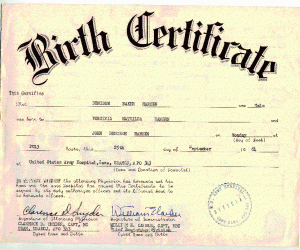 Arkansas Supreme Court Halts Birth Certificates For Same Sex Partners
Arkansas Supreme Court Halts Birth Certificates For Same Sex Partners
The Arkansas Supreme Court on Thursday temporarily blocked a lower court order that allowed same sex partners throughout the state to be listed as parents on the birth certificates of their children. It let stand the birth certificates obtained by three lesbian couples who had challenged the Arkansas Health Department Vital Statistics Bureau’s refusal to identify the three couples as the adoptive or biological parents of their respective children.
Same sex partners had a previous victory with Little Rock Circuit Judge
They won approval for their listing as parents in a narrow decision by Little Rock Circuit Judge Tim Fox. The same judge then issued another decision extending that recognition statewide. The state appealed the decision that allowed same-sex partners statewide to be listed, saying it conflicted with Arkansas statutes and left birth registrars in legal limbo.
The state Supreme Court agreed and said that “the best course of action is to preserve the status quo with regard to the statutory provisions while we consider the circuit court’s ruling.”
On Dec. 1, Judge Fox held that a state law restricting parentage identification to heterosexual couples was unconstitutional in light of the U.S. Supreme Court’s decision this year legalizing same-sex marriage nationwide.
“(The) decision affords the plaintiffs, as same sex partners, the same constitutional rights with respect to the issuance of birth certificates and amended birth certificates as opposite-sex couples,” Fox wrote at the time.
Click here to read the entire article.
Hufingtonpost.com, December 11, 2015 – by Steve Barnes

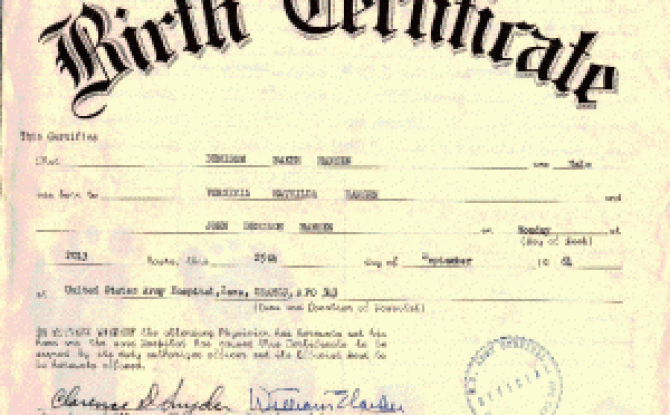


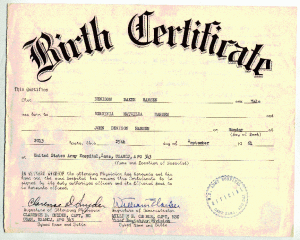


 Superior Court of PA Rules to Enforce Gestational Surrogacy Contract
Superior Court of PA Rules to Enforce Gestational Surrogacy Contract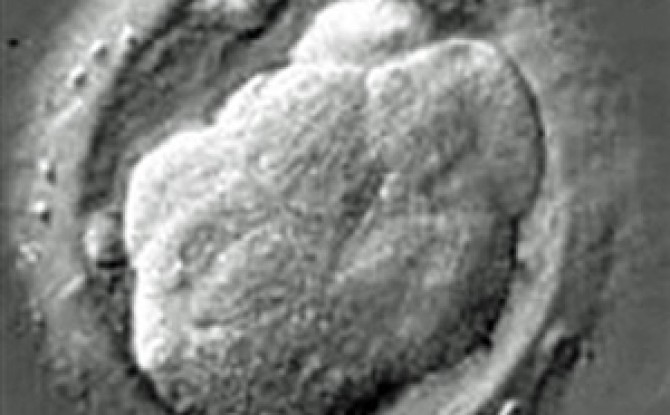
 Frozen Embryos to be Destroyed Judge Says
Frozen Embryos to be Destroyed Judge Says
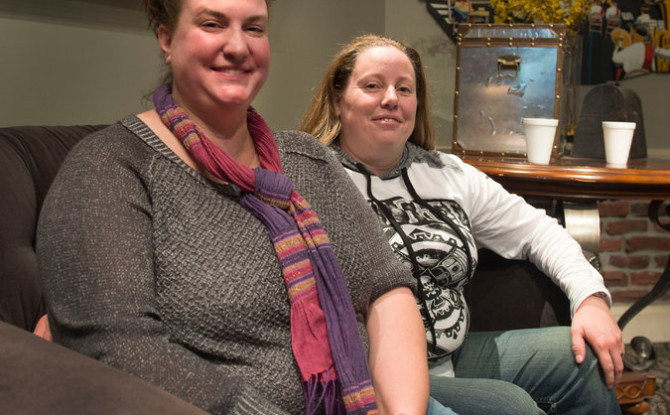
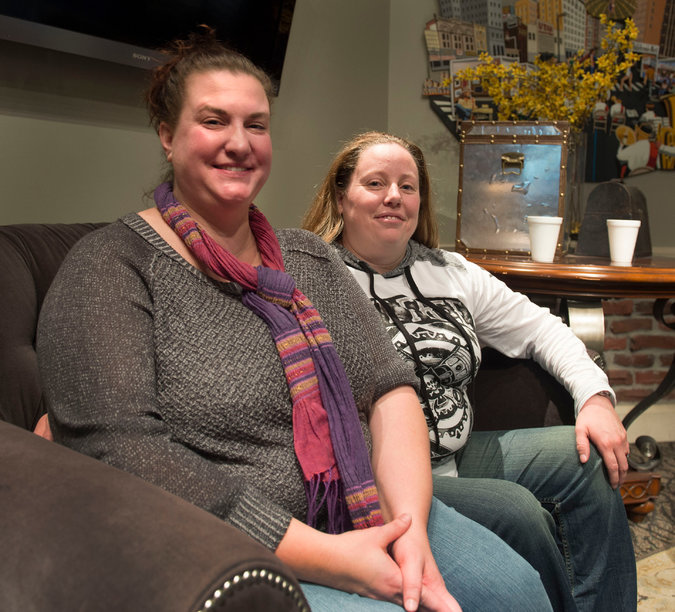

 Uterus Transplants May Soon Help Some U.S. Women Struggling With Infertility Become Pregnant
Uterus Transplants May Soon Help Some U.S. Women Struggling With Infertility Become Pregnant